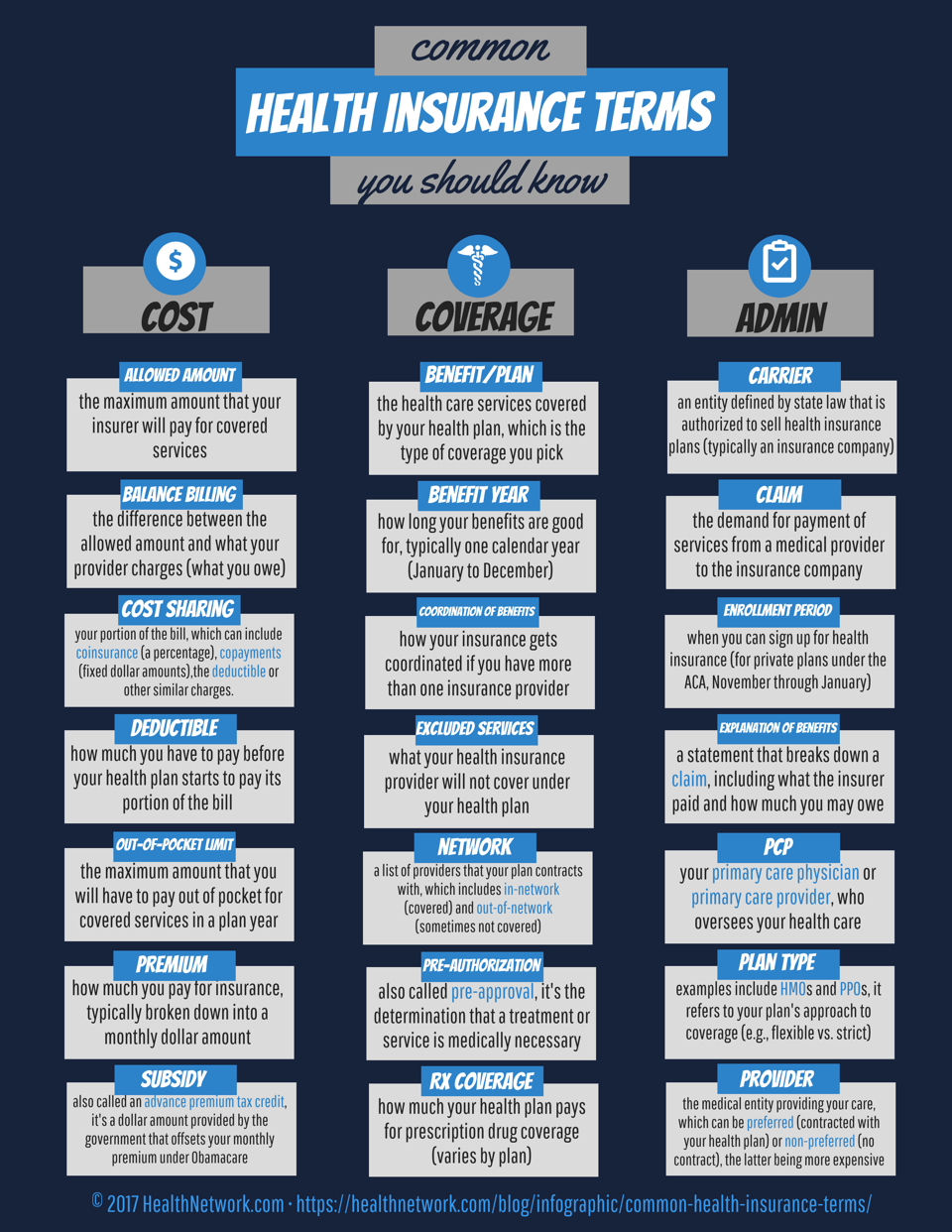A great residential roofing company prioritizes building a strong relationship with its clients. They also strive to provide transparent and regular communication during the project, which allows them to deliver results that meet or exceed expectations.

Exceptional roofing companies stick to strict rules of professionalism and pay attention to every detail of their work. This includes conducting thorough roof inspections and meticulously executing repairs or installations from Roofers Fayetteville GA.
High-Quality Materials
Your roof is a critical feature that protects your home from the elements and provides essential functions, including shelter and energy efficiency. It is important to choose roofing materials that are high-quality and durable to help ensure that your roof withstands the elements and remains functional for as long as possible. Quality roofing materials can also contribute to improved home insulation, which reduces your energy costs and helps you save money.
The best roofing materials will withstand harsh weather conditions, such as strong winds and heavy snowfall. They can also resist harmful UV rays and other environmental factors that can damage your roof and lead to leaks. High-quality roofing materials also have a longer lifespan than lower-grade options, which means that you will need to repair or replace your roof less frequently.
Many of the best roofing materials are designed to look beautiful and complement the architectural style of your home. This can enhance the aesthetics of your property and increase its curb appeal. In addition, the best roofing materials are crafted using environmentally responsible practices and can contribute to sustainable building and preservation efforts.
High-quality roofing materials typically have a higher upfront cost than lower-grade alternatives. However, they offer a greater return on investment in the form of reduced maintenance and repair costs, improved energy efficiency, and increased property value.
It is important to balance budget constraints with the long-term benefits of quality roofing. In addition to reducing the risk of expensive repairs and maintaining the safety of your family, high-quality roofing can contribute to significant energy savings. The savings you will realize from your reduced energy consumption can offset the initial cost of quality roofing over time.
Choosing the right roofing material is a major decision that will impact your home for years to come. Be sure to work with a reputable roofing company that has experience in installing your chosen roofing material. They will be able to provide valuable insight into the pros and cons of different materials and will assist you in finding the best solution for your home.
Exceptional Craftsmanship
In a world where mass-produced items are the norm, exceptional craftsmanship stands as a shining example of quality and authenticity. Whether it’s a hand-carved piece of furniture or a carefully wrought musical instrument, exceptional craftsmanship is a tribute to the skill and dedication of artisans who devote years (if not a lifetime) to mastering their craft.
The hallmark of exceptional craftsmanship is meticulous attention to detail, with every stroke of a brush or chisel mark executed with precision. This attention to detail elevates ordinary materials into extraordinary works of art and utility, transforming raw materials into objects of beauty and value that stand the test of time.
Exceptional craftsmanship also requires an intimate relationship with customers. Dedicated craftsmen listen attentively to their clients and provide guidance and expertise to ensure that the final product is a perfect reflection of their vision. Moreover, they are lifelong learners who stay informed about new techniques and tools within their trade.
While many roofers can perform adequate work, exceptional craftsmen take pride in their work and strive to create masterpieces. They have a deep understanding of the various aspects that contribute to the quality and beauty of their work, such as the selection of fine materials and the use of traditional techniques.
In addition to their technical proficiency, exceptional craftsmen also possess a keen eye for aesthetics and understand how to combine form and function. This is evident in their choice of materials, which are often selected for their durability and longevity. In addition, they strive to make their creations as visually appealing as possible, taking into account the specific needs of each client.
Ultimately, the success of a roofing project is heavily dependent on the quality of the workmanship. Homeowners should look for a contractor with extensive experience and an outstanding track record of delivering high-quality projects on time and within budget. They should also look for a roofer that uses high-quality materials and adheres to the latest installation techniques. This will help ensure that their roof can withstand the elements and safeguard their homes for years to come.
Reputation For Excellence
Managing complex roofing projects requires more than just the right materials and skillful workmanship. The success of a project depends on the effectiveness of a company’s field leadership and its ability to adapt to unforeseen challenges. This is especially true in an industry struggling with skilled labor shortages, as foremen and field leaders are the linchpins of successful completion and quality work.
Reputable contractors differentiate themselves through their commitment to client service, open communication, and transparent processes. They prioritize safety protocols, and their team’s knowledge of building codes and standards ensures that all projects are completed according to regulatory guidelines. Their ability to anticipate problems and proactively apportion resources in advance of the onset of issues reduces costs and prolongs the life of a roof.
When selecting a roofing contractor, look for one with an established track record. A proven history of reliability and quality craftsmanship establishes credibility and reassures homeowners that they can be trusted to perform superior work. In addition, an experienced roofing contractor has strong relationships with suppliers, allowing them to offer exceptional material pricing and pass the savings on to property managers.
A solid reputation also includes a commitment to sustainability and eco-friendly practices. Investing in sustainable materials and methods positions a company as an industry leader, generating a positive reputation amongst consumers and opening new business opportunities. Additionally, a firm that is committed to community involvement often exhibits a high standard of work and demonstrates a dedication to customer satisfaction.
Finally, when choosing a roofing contractor, consider their level of insurance coverage. Insurance mitigates the financial risks associated with accidents and damages that may occur during a project, providing peace of mind for clients.
While evaluating a roofing contractor’s reputation, look for certifications and awards that demonstrate their expertise and quality of work.
Excellent Customer Service
Roofing work is technical and precise, but it’s also personal. Clients want to know that a roofer respects their feelings and that they will take the time to explain procedures in a way that’s easy for them to understand. This approach humanizes the process and creates a lasting positive impression.
A good contractor will make themselves available to clients before, during, and after the project to answer any questions or concerns that arise. This level of service helps to build trust and credibility with customers, who are then more likely to recommend the company to their friends and family. It’s estimated that referral business accounts for 92 percent of all new business.
Reputable roofing contractors make it a point to stay in touch with customers throughout the process, and to be ready for any follow-up questions or concerns. They will provide transparent pricing and communicate any potential obstacles that may affect the schedule or cost of a project. They will also respond to any online reviews promptly and professionally.
In addition to excellent communication and customer care, a reputable roofing company will provide reliable scheduling. They will arrive on the day of the inspection and during the project as scheduled, and their crews will be able to quickly resolve any unexpected issues that may arise.
A quality roofing contractor will also ensure that their crews adhere to all industry safety standards. This ensures that both the crew members and homeowners are protected from potential harm, and it helps to reduce the risk of costly repairs.
Providing quality customer service is important for any small contracting business, but it’s especially vital for residential roofing companies. It can be up to five times more expensive to acquire a new customer than to retain one, and returning customers spend 67% more than new ones.
By focusing on the needs of their customers, roofing contractors can deliver a better overall experience that builds trust and credibility, sets them apart from the competition, and paves the way for long-term success. Using field service software like Dataforma makes it easier than ever for roofing companies to prioritize customer service while managing and optimizing their day-to-day operations.
